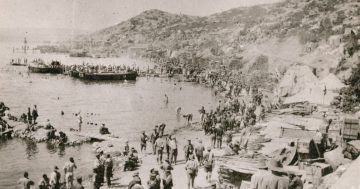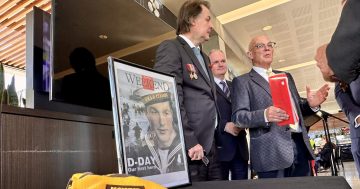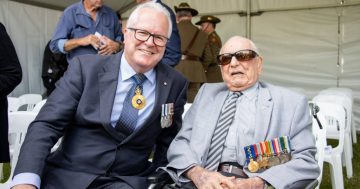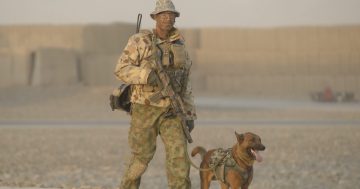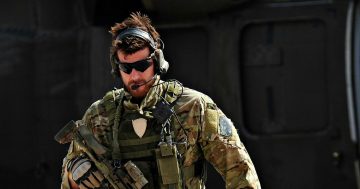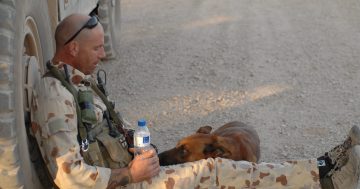Reviewed by Rama Gaind.
By David W. Cameron, Viking, $34.99.
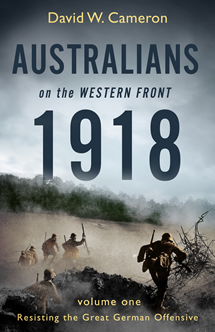 An emotive account of war, this one places focus of penalties on the soldiers.
An emotive account of war, this one places focus of penalties on the soldiers.
Following on from volume 1 of Australians on the Western Front 1918: Resisting the Great German Offensive, volume two concludes with a detailed account of the final battles of World War I and the defeat of German armed forces on the Western Front. More to the point, it’s the story of the central role Australian troops played in the final German defeat.
This one is certainly for the history buffs. David Cameron has done a remarkable job on the two landmark volumes.
Once again, Cameron draws on the diaries and letters of the Australian soldiers on the battlefields to piece together the story of their heroic actions against enemy forces, placing them within the broader context of the ‘war to end all wars’.
‘The inclusion of direct quotes paints a heavy and dynamic picture of the significant, and seemingly insignificant, moments that lead to the German surrender.’
In compelling detail, Cameron recounts the military successes and challenges of the Australian Army Corps, led by Lieutenant General John Monash, during a number of key battles, including the Battle of Hamel on 4 July; the Battle of Amiens on
8 August, and the Battle for Mont St Quentin and Peronne in September; culminating in the week-long battles for the Hindenburg Outpost Line and the Hindenburg Line itself, during which many Australian and American troops tragically lost their lives, just as the war was finally drawing to a close.
Ultimately, however, the breaking of the Hindenburg Line by Australian, Canadian, British and American troops delivered a crucial blow to the German army, who surrendered unconditionally to the Allies one month later.
It is a worthy historical tome. Without doubt, this is one volume that will require attentiveness and the time to register the details. It will be worth the effort as it reveals not only the legendary Anzac spirit, but also the strong Australian identity.
As well, Cameron’s retelling doesn’t just reflect history, but also the ‘humour, the strength and the resilience of our troops’.


